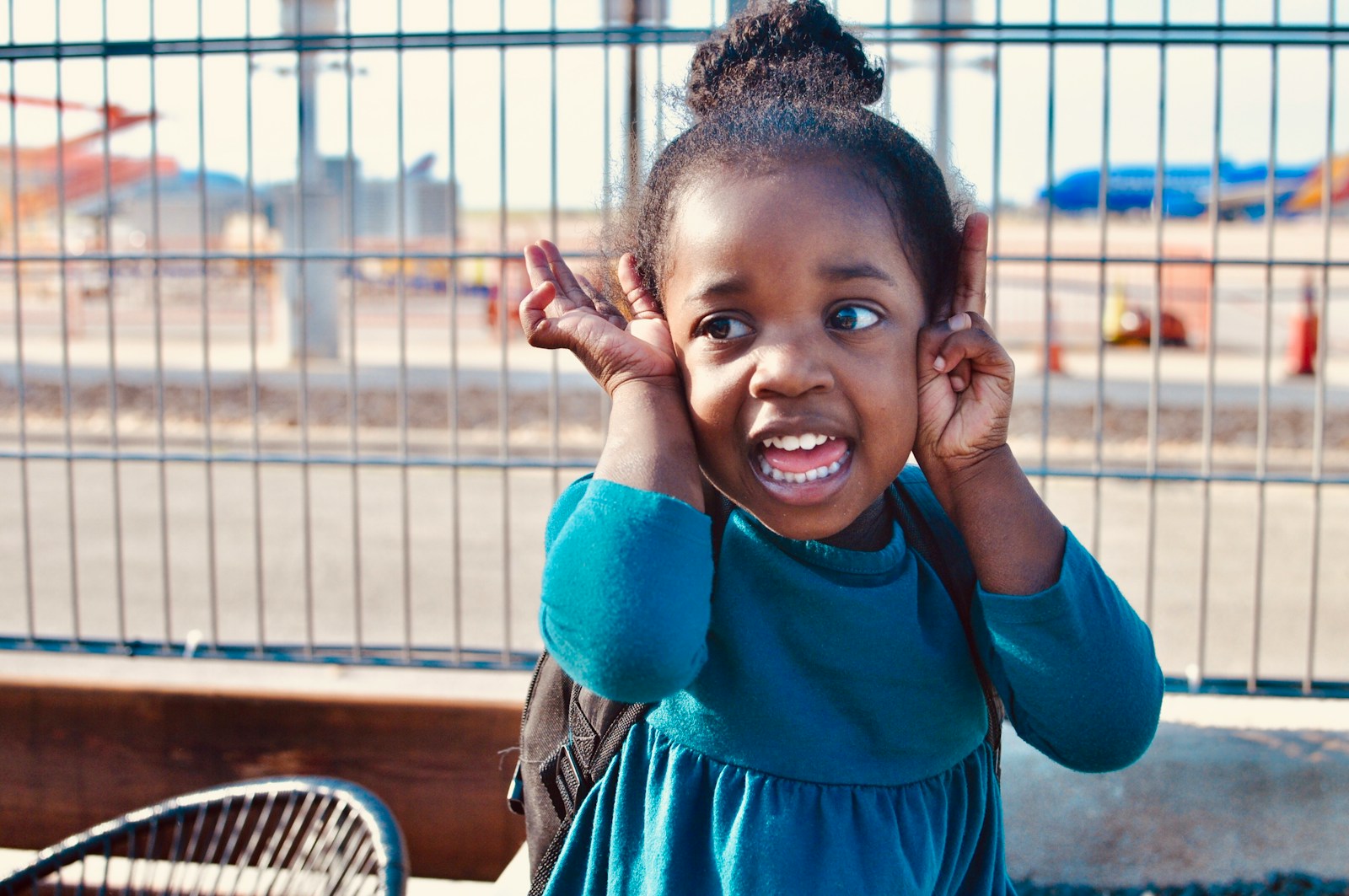Peek-a-Boo Games and Baby Development: A Comprehensive Guide
Peek-a-boo is more than just a fun game. For many parents, it’s a joyful way to interact with their babies. But did you know it’s also an essential activity for your child’s development? In this article, we’ll explore the numerous benefits of playing peek-a-boo with your baby, how it impacts their development, and provide some tips on how to make the most of this classic game.
The Importance of Peek-a-Boo in Early Childhood Development
Peek-a-boo games may seem simple, but they play a critical role in early childhood development. From cognitive development to emotional well-being, the benefits are multi-faceted.
Cognitive Development Benefits
Playing peek-a-boo helps babies develop object permanence, a fundamental cognitive skill. This is the understanding that objects and people continue to exist even when they can’t be seen. When you hide your face behind your hands and then reveal it again, your baby learns that you’re still there, even if they can’t see you.
Additional cognitive benefits include:
- Memory Improvement: Remembering the sequence of events helps enhance memory skills.
- Predictive Skills: Anticipating when you’ll reveal your face helps develop predictive abilities.
- Cause and Effect Understanding: Understanding that actions (like hiding) have consequences (like being revealed soon after).
Emotional and Social Benefits
Peek-a-boo also has significant emotional and social benefits for babies. They learn to build trust through this interaction. When you play peek-a-boo, your baby learns that even when you’re out of sight, you will come back, fostering a sense of security and attachment.
Other emotional and social benefits include:
- Increased Bonding: Spending quality time fosters a stronger bond between parent and child.
- Development of Joy: The surprise element of peek-a-boo often results in laughter, teaching babies the joy of play.
- Understanding Social Cues: Babies learn to read emotional reactions and social cues from your facial expressions during the game.
Motor Skills Development
Though it may not be immediately obvious, peek-a-boo also helps to develop motor skills. When babies reach out to remove your hands from your face, they’re practicing their hand-eye coordination. Clapping hands, waving, and other movements involved in peek-a-boo games enhance fine and gross motor skills alike.
How to Play Peek-a-Boo for Optimal Development
While the traditional peek-a-boo game is effective, there are ways to vary it to further stimulate your baby’s development. Here are some tips:
Use Different Objects
Instead of just using your hands, use different objects like a small blanket or a toy to cover your face. This variation introduces your baby to different textures and colors, enhancing sensory development.
Change the Environment
Play peek-a-boo in various settings around the house or outdoors. Changing environments offers new sensory experiences for your baby, which is crucial for their overall development.
Introduce Language
Incorporate language by using different phrases each time you reveal your face. Saying “Peek-a-boo,” “Here I am,” or “I see you!” helps in language development and vocal recognition.
Timing and Frequency
Play peek-a-boo several times a day but keep sessions short to avoid overstimulation. Watch your baby’s reactions to know when they’ve had enough.
Peek-a-Boo Products to Enhance Baby Development
Several products on the market are specially designed for playing peek-a-boo and enhancing various aspects of baby development. Here are some recommendations:
Peek-a-Boo Books
Books with flaps that hide and reveal pictures are excellent for developing object permanence and fine motor skills.
Interactive Peek-a-Boo Toys
Toys that play peek-a-boo with children, such as animated stuffed animals, can engage babies and provide additional stimuli for cognitive and motor development.
Peek-a-Boo Blankets
Lightweight, colorful blankets designed for peek-a-boo play can make the game even more stimulating by introducing various textures and colors.
Professional Opinions on Peek-a-Boo
Pediatricians and child development experts often recommend playing peek-a-boo as part of a baby’s routine. Dr. Jane Smith, a pediatrician based in New York, says, « Peek-a-boo is one of the simplest yet most effective ways to engage with your baby. It aids in crucial developmental milestones while providing a fun, bonding experience. »
Real-Life Stories from Parents
Many parents attest to the benefits of playing peek-a-boo. Here are some real-life stories:
- Mary, a mother of two, says, « My older child struggled with separation anxiety, but regular peek-a-boo games helped her understand that I will always come back, which eased her anxiety. »
- Mike, a dad from California, shares, « Playing peek-a-boo with my son has helped us bond. It’s now our go-to game, and I can see his excitement grow each time we play. »
Common Questions About Peek-a-Boo and Baby Development
As with any developmental activity, parents often have questions. Here are some frequently asked questions about peek-a-boo:
At What Age Can I Start Playing Peek-a-Boo?
You can start playing peek-a-boo as early as a few months old. Babies around 4-6 months start to enjoy and benefit from the game actively.
How Long Should Each Peek-a-Boo Session Last?
Keep sessions short, between 5-10 minutes, to avoid overstimulation. Multiple short sessions throughout the day are more beneficial.
Can Peek-a-Boo Be Harmful?
Peek-a-boo is generally safe and beneficial. However, if your baby shows signs of fear or distress, stop the game and try again later.
In summary, peek-a-boo games are a delightful and educational way to engage with your baby. They promote cognitive, emotional, and motor development while also providing essential bonding time. Whether you stick to the traditional game or use various tools and environments to spice it up, your baby will benefit greatly in multiple developmental areas.
